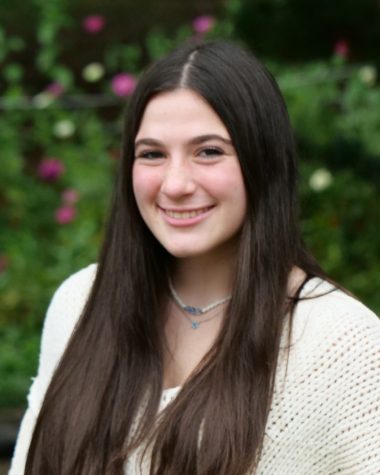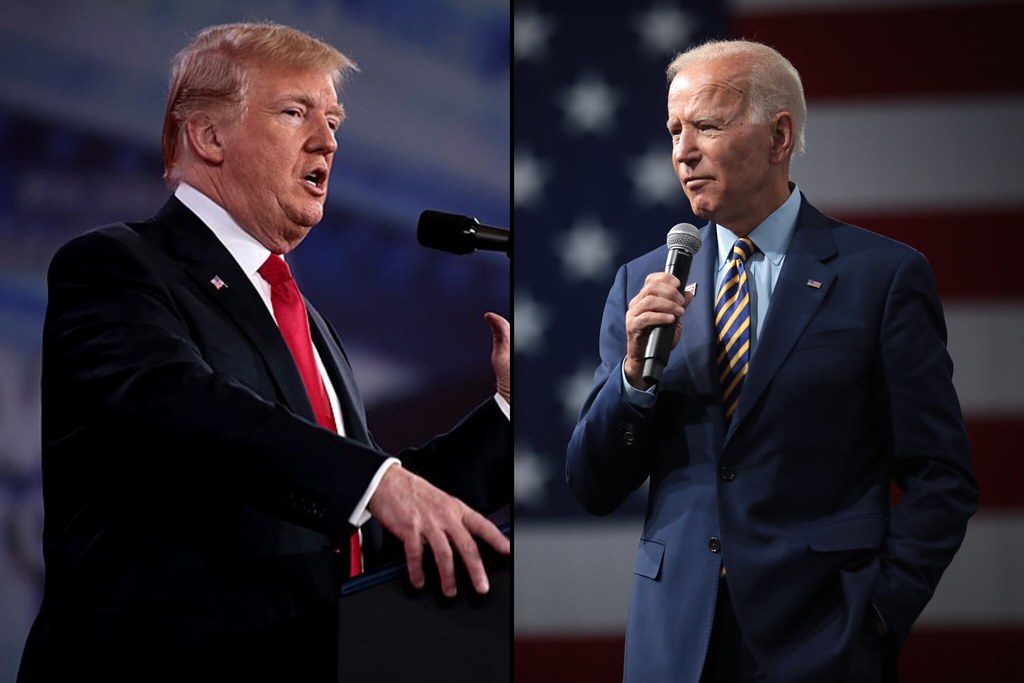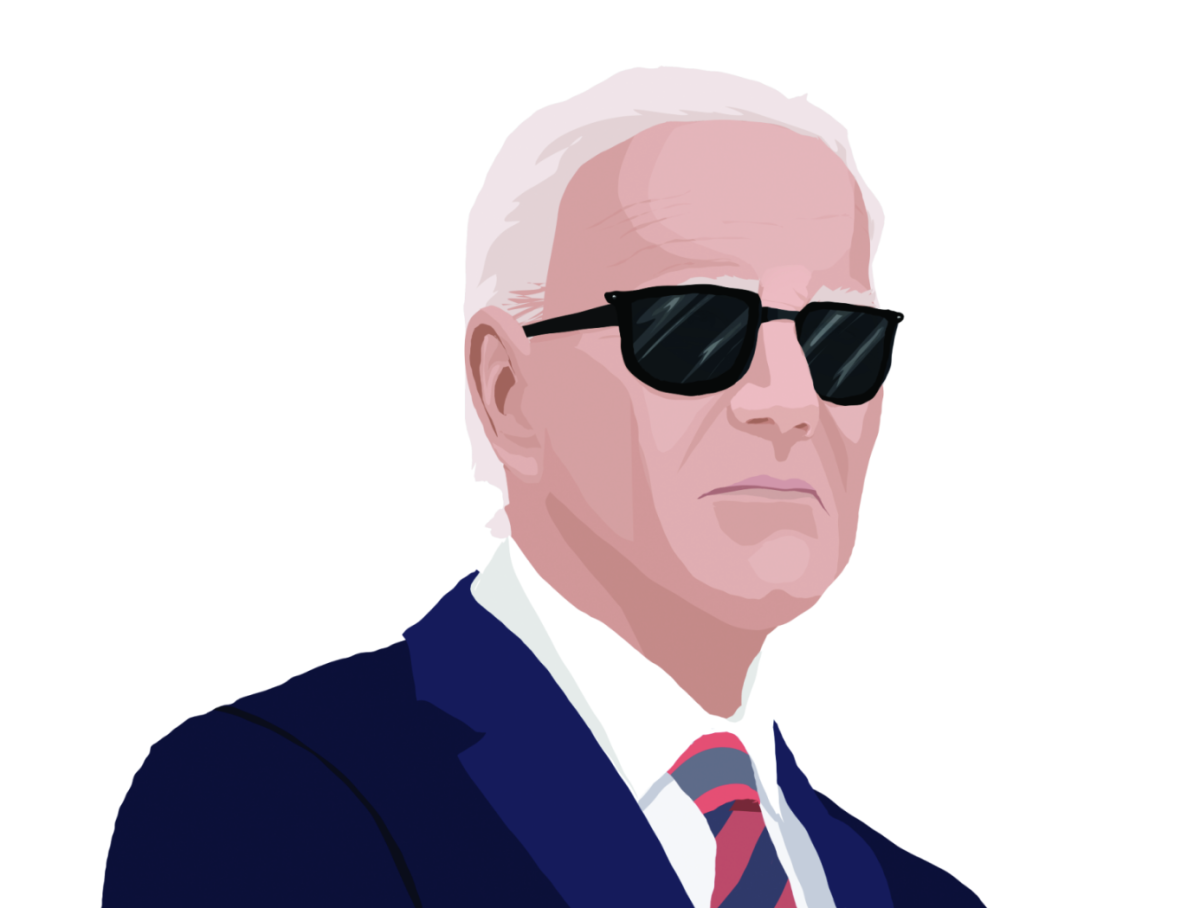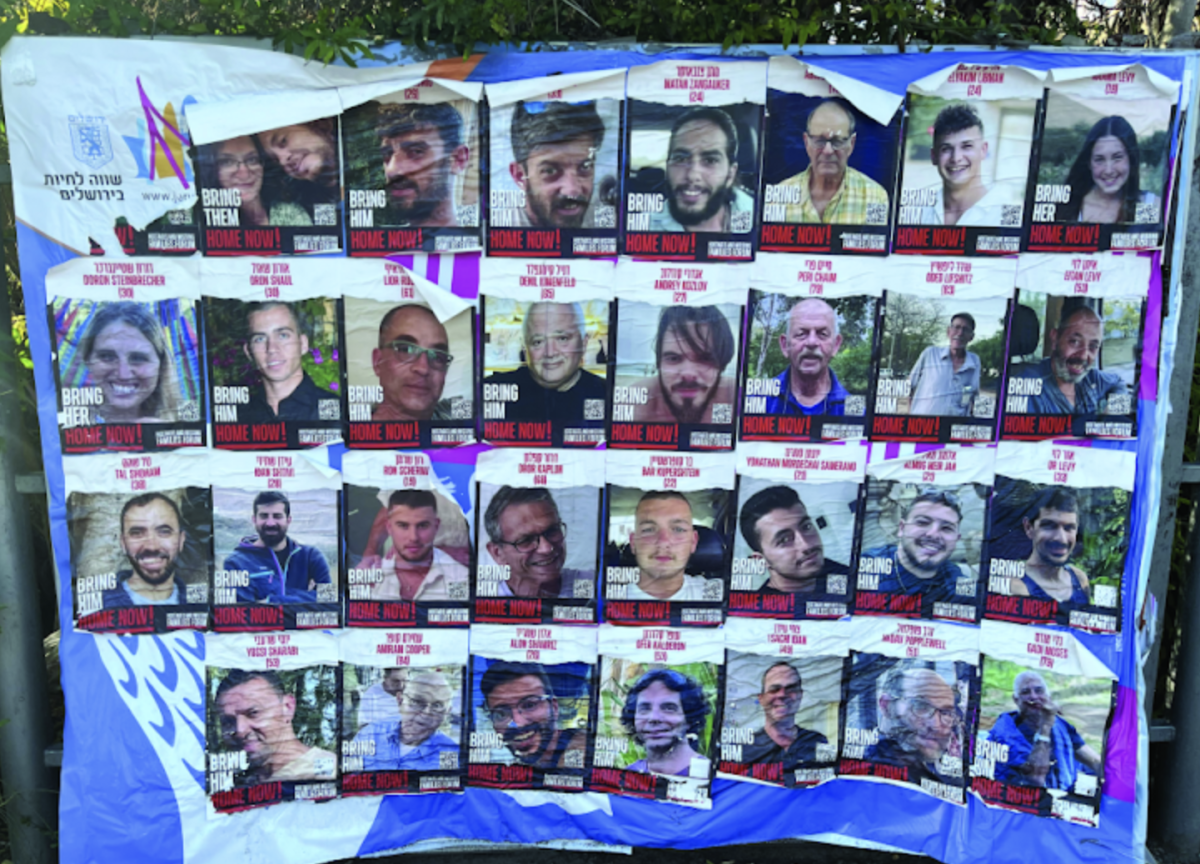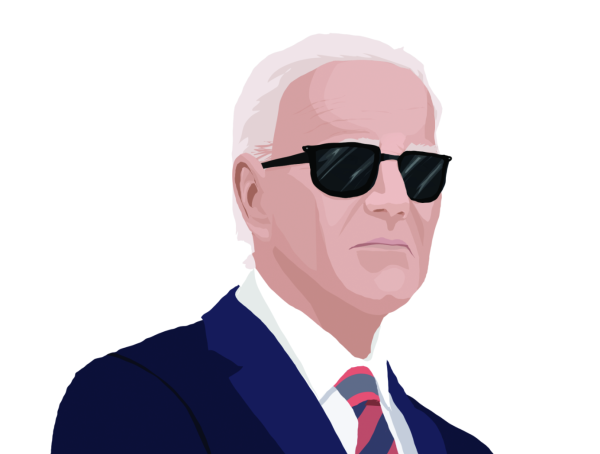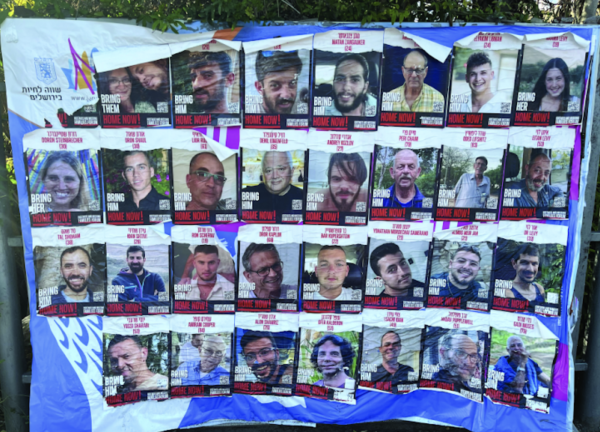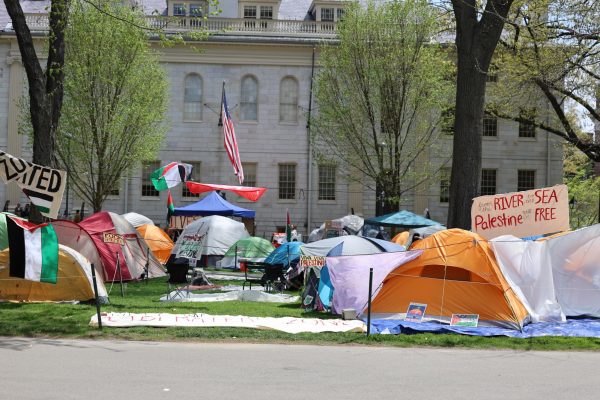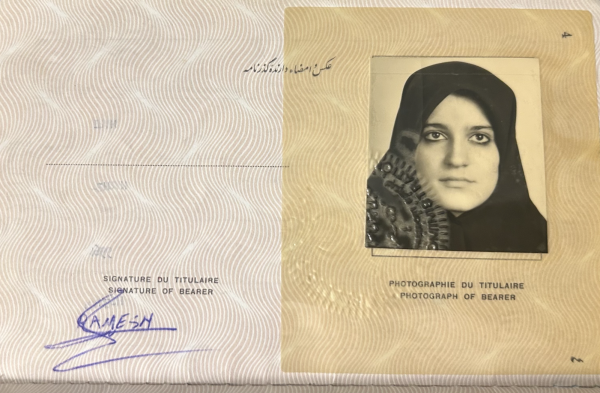Silence is deafening
February 7, 2022
Every Jewish teen remembers antisemitic and anti-Zionist incidents that make their hearts sink.
I can describe exactly where I was when I heard the blaring rocket sirens in Israel. I can explain precisely how it felt to see “Free Palestine” plastered across social media. I vividly remember what it was like to see swastikas spray painted onto my synagogue’s exterior. Hearing about the Tree of Life synagogue shooting is forever engraved in my mind.
I wish I could tell you exactly how I felt on Jan. 15. when Malik Faisal Akram took four people hostage at Congregation Beth Israel in Colleyville, Texas, but to be honest, I can’t. After so many recent instances of antisemitism, individual attacks have lost the weight that they deserve.
I’ve tried to grapple with my desensitization to this tragedy. Why did I feel so removed from the situation?
Scrolling through social media, I read posts on the incident, mainly consisting of my Jewish friends condemning the tragedy. That was exactly it: my Jewish friends were the only ones acknowledging that this crisis even occurred.
Despite this desensitization, I felt compelled to post to inform others and immediately searched for something to put on my Instagram story. I felt like if I didn’t, no one else would. I was so preoccupied with ensuring that others heard the news that I didn’t experience the typical feelings one might experience after a tragedy of this magnitude.
It is unreasonable to expect Jewish teens to bury their feelings about attacks on their community so that cries against antisemitism aren’t drowned out.
I had crumbled under the burden of carrying every Jewish tragedy and become numb to the feeling of sorrow caused by this act of antisemitism. I am sure that many other Jewish teenagers feel the same way.
The general reaction, or lack thereof, to this heinous act speaks volumes about the degree of antisemitism that exists today. In a statement following the hostage situation, FBI Special Agent in Charge Matt DeSarno said that the event was “not specifically related to the Jewish community.”
This statement rightly sparked outrage amongst Jews everywhere for asserting that this attack was not antisemitic. According to the Atlantic, Akram demanded to speak to the “Chief Rabbi of America”—a position that doesn’t even exist—to free a Pakistani woman from federal prison. Clearly, Akram subscribed to the antisemitic conspiracy theory that Jews control the government, media and criminal justice system.
Unsurprisingly, my non-Jewish friends maintained their pattern of silence amid this blatantly antisemitic attack.
I was frustrated, but not surprised; intersectionality had always seemed to benefit every minority except the Jews. My social media feed had been flooded with posts supporting the Black Lives Matter and Stop Asian Hate movements, so seeing such substantial support for other marginalized groups coming from people of different demographics made me question why so few non-Jews speak out against antisemitism. Why are we any different? What made their issues more deserving of attention than ours?
We know what happens when bystanders stay silent. History is bound to repeat itself if we can’t garner support from our non-Jewish peers.


